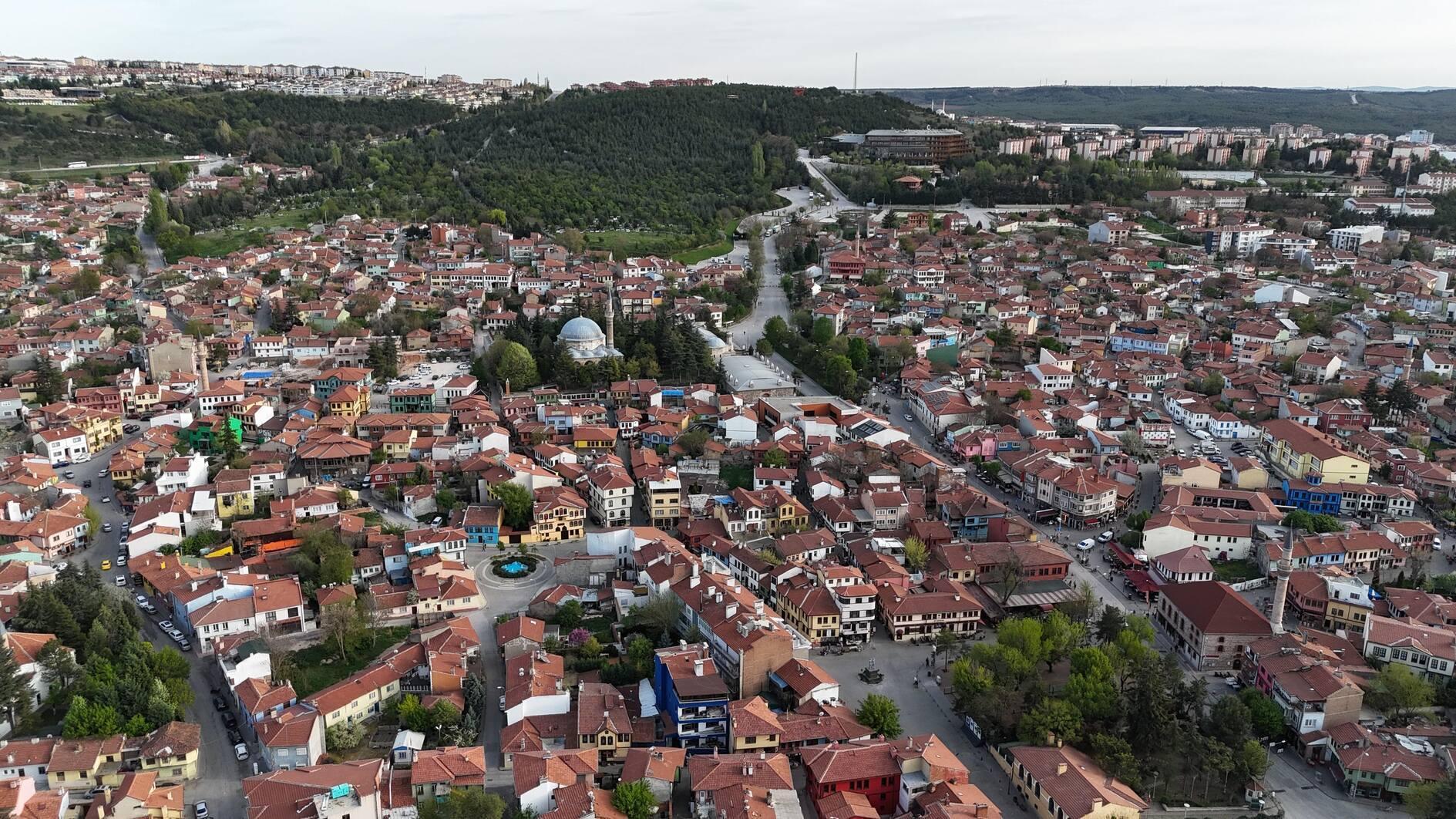‘Patria non grata’
In just the past decade, Turkey has turned from being lauded as a “model country” to being termed a “patria non grata” (unwanted country) by its Western allies and neighbors.
The dramatic change occurred for many reasons, such as the failure of “the moderate Islam model” after the Arab Spring, the United States’ policy change in Syria and, finally, the U.S. deal with Iran.
Nevertheless, Turkey’s rulers refuse to face the new realities. The U.S.-Western alliance with the Syrian Kurdish forces, the People’s Defense Units (YPG), against the Islamic State of Iraq and the Levant (ISIL) was a shock which resulted in Turkey beginning to perceive threats along its borders, while Russian intervention in support of the Bashar al-Assad regime ended the dreams of Turkey’s Syrian ambitions, especially concerning Aleppo. Now, Turkey faces another crisis on the eve of an operation to retake Mosul after Baghdad demanded Turkey leave the Bashiqa camp and Iraqi Prime Minister Haider al-Abadi applied to the United Nations over the Turkish presence in Iraq. Turkey is understandably seeking a role in the coming Mosul operation as a regional power, as Turkey’s rulers resent being sidelined and discredited. They have tried to legitimize their claims on various grounds such as Turkey’s concern about Kurdistan Workers’ Party (PKK) activity to the north of Mosul and the possibility of the PKK using the region as a corridor between Kandil headquarters and YPG-controlled Syrian territory. Besides, Turkey is trying to convince its allies that an operation under Shiite-dominated forces will endanger the stability and future of the Sunni-dominated city. Alas, so far, Turkey only has the support of the Kurdistan Regional Government’s (KRG) leader, Massoud Barzani.
In fact, the alliance between Turkey’s government and Barzani proved not to be a brilliant idea in the past and is still not a promising one. First of all, the weakening position of Barzani vis-à-vis the central government in Baghdad hinders his domestic and regional aspirations, but secondly – and more importantly – Barzani is no longer a tool of leverage for the U.S. Even as early as 2013, the Turkey-Barzani efforts to make an energy deal created political crises with the Baghdad government. At the time, Turkey’s energy minister could not land in Arbil and had to fly back when the Baghdad government did not permit the landing of the Turkish plane. Turkey’s government and Barzani have long had many things in common, such as playing Sunni politics in Iraq and uniting against the PKK in Kurdistan, yet their game plan failed on many occasions, including the ISIL occupation of Mosul.
Turkey’s historical claims to have a say in Mosul may not be groundless but has no relevance for the situation as international politics are based on power relations rather than historical legitimacy. Those who think that history matters in international relations may get away with it in peaceful times, especially when those claims are in tune with power politics, but otherwise, such delusions lead nowhere, if not disaster. In fact, we faced a similar crisis less than a year ago, when Turkey increased the number of its soldiers at the Bashiqa camp in December 2015. Baghdad protested, Barazani supported Turkey, Turkish politicians and the media came up with historical claims, the Lausanne Treaty became a reason to argue and some journalistic supporters of the government suggested taking back Mosul by military means; but the end result was Turkey’s withdrawal of some soldiers from the Bashiqa camp to elsewhere in the KRG.
As for the last crisis, Turkey’s government is so far adamant about not withdrawing Turkish soldiers from the Bashiqa camp. Moreover, Turkey is proud to be training Arab soldiers who were supposed to participate in the Mosul operation, even though no parties, namely, the Baghdad government and the coalition forces led by the U.S., have agreed to include any group outside of those included in the central planning of the operation. Regardless of the present-day realities, some Turkish politicians, journalists and self-styled “historians” still talk of “the historical rights of Turkey.”
History may be a good teacher but only for good and clever students. Likewise, memory is central to human life, but it only helps those who use it to avoid repeating the mistakes of past, rather than those who tend to recall only good memories as a delusive shelter to avoid the challenges of life.











